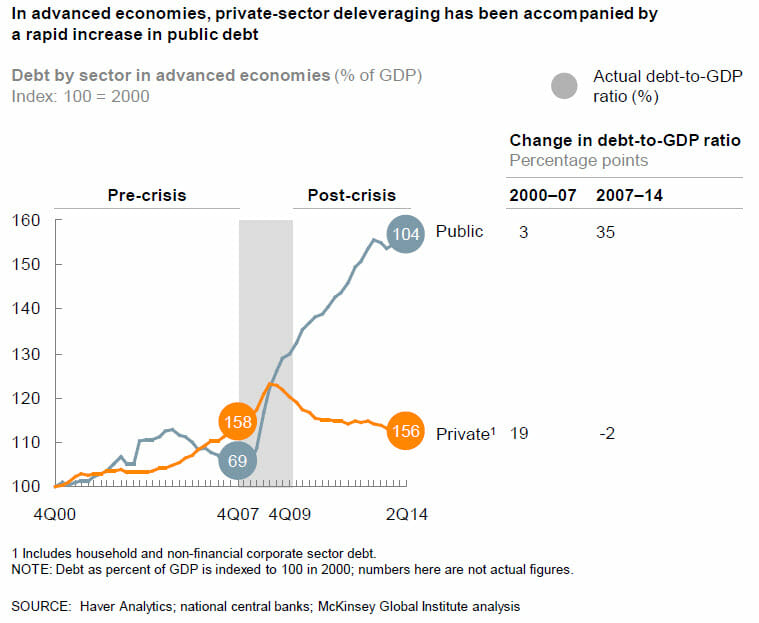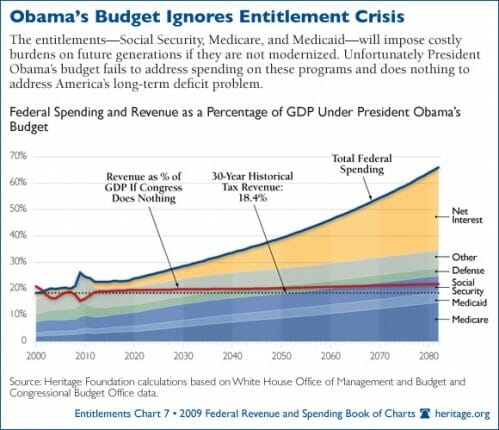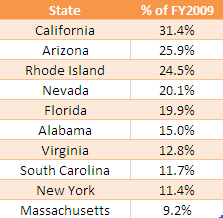(Note: This is an update of this post based on a new set of economically illiterate people in the White House).
Repeat after me: Y=C+I+G+X-M is an accounting rule. It does not explain anything about the economy. It is as useful to telling us anything interesting about the economy as the equation biomass=plants+animals+bacteria tells us anything about the ecosystem.
Apparently our new commerce secretary is totally ignorant of this fact:
[New Commerce Secretary Wilbur Ross] has a simple but misguided view of global trade. He believes that good trade policy yields a national trade surplus, while bad deals produce trade deficits—as if every country in the world could run a trade surplus. In an August letter to this newspaper, Mr. Ross wrote, “It’s Econ 101 that GDP equals the sum of domestic economic activity plus ‘net exports,’ i.e., exports minus imports. Therefore, when we run massive and chronic trade deficits, it weakens our economy.â€
Who taught him that? Imports are subtracted in GDP calculations to avoid overstating domestic production, not because they make us poorer. Many domestic products wouldn’t exist without foreign components.
Here is his faulty logic. The GDP (Y) is calculated by adding Consumer spending + Investment by Business + Government spending + eXports and then subtracting iMports. Because imports are subtracted in the GDP equation, they look to the layman like they shrink the economy. How do we grow the economy? Why, let's reduce that number that is subtracted! But this is wrong. Totally wrong. Anything that reduces imports (e.g. a tariff) will likely reduce C+I+G by the same amount. The M term is there simply to avoid double counting. It has no economic meaning in this context whatsoever. I have tried many times to explain this, but let me see if I can work by analogy.
Let's say we wanted an equation to count the amount of clothing we owned. To make things simple, let's say we are only concerned with the total of Shirts, Pants, and Underwear. Most of our clothes are in the closet, so we say our clothes are equal to the S+P+U we count in our closet. But wait, we may have Loaned clothes to other people. Those are not in our closet but should count in our total of our owned clothing. So now clothes = S+P+U+L. But we may also have Borrowed clothes. Some of those clothes we counted in the closet may be Borrowed and thus not actually ours, so we need to back these out. Our final equation is clothes owned = S+P+U+L-B. Look familiar?
Let's go further. Let's say that we want to increase our number of clothes owned. We want wardrobe growth! Well, it looks like those borrowed clothes are a "drag" on our wardrobe size. If we get rid of the borrowed clothes, that negative B term will get smaller and our wardrobe has to get larger, right?
Wrong. Remember, like the GDP equation, our wardrobe size equation is just an accounting identity. The negative B term was put in to account for the fact that some of the clothes we counted in S+P+U in the closet were not actually ours. If we decrease B, say by returning our friend's shirt, the S term will go down by the exact same amount. Sure, B goes down, but so do the number of shirts we count in the closet. So focusing on the B term gets us nowhere.
But it is actually worse than that, because focusing on reducing B makes us worse off. If negative term B rises, our wardrobe is no larger, but we get the use of all of those other pieces of clothing. Our owned wardrobe may not be any larger but we get access to more choices and clothing possibilities. When we drive the negative term B down to zero, our wardrobe is no larger and we are worse off with fewer choices. Similarly, in the the economy, focusing on reducing imports does not grow the economy, it just serves to make us poorer by reducing our buying choices and increasing the cost of consumer goods as well as manufacturing inputs.
I don't want to say that it's impossible for increases in imports to drag the economy. For example, if oil prices rise, the imports number measured in dollars will likely rise, and the economy could be worse off as we have to give up buying other things to continue to buy the oil we need. But, absent major price changes, drops in exports more likely just mirror drops in C+I+G. If consumers are hurting, they spend less on everything, including imported goods. At the end of the day, none of these numbers (Mr. Keynes, are you listening?) are independent variables.
Postscript: Here is another example. Imagine a company with three divisions, D1, D2, and D3. How do we compute the company's total revenue? Well, typically we would add the revenue from the three divisions, so Total Corporate Revenue R = RD1 + RD2 + RD3. Oh, but there is a problem. Some of the sales from each of our divisions are to each other. We only want to measure our true revenue from external sales, so we need to subtract intra-company sales from the total (this is a very typical step in conglomerate accounting). So total company revenue R = RD1+RD2+RD3-IC, where IC are the total of intra-company sales within the company between divisions. If you had a new CEO who looked at this accounting, and the CEO's first thought was "if we got rid of all these intra-company sales, surely we would have more revenue, because they are subtracting from total revenue in the revenue equation." What would you do with this CEO? If you knew the first thing about corporate accounting, you would fire him or her immediately for being a moron. Just because the IC term is negative in the accounting equation does not mean that intra-company sales are a drag on revenues. Eliminating intra-comapny sales would likely reduce revenues and profits as company insiders are forced to find new, less trusted, and more expensive sources for their purchases than buying internally.






